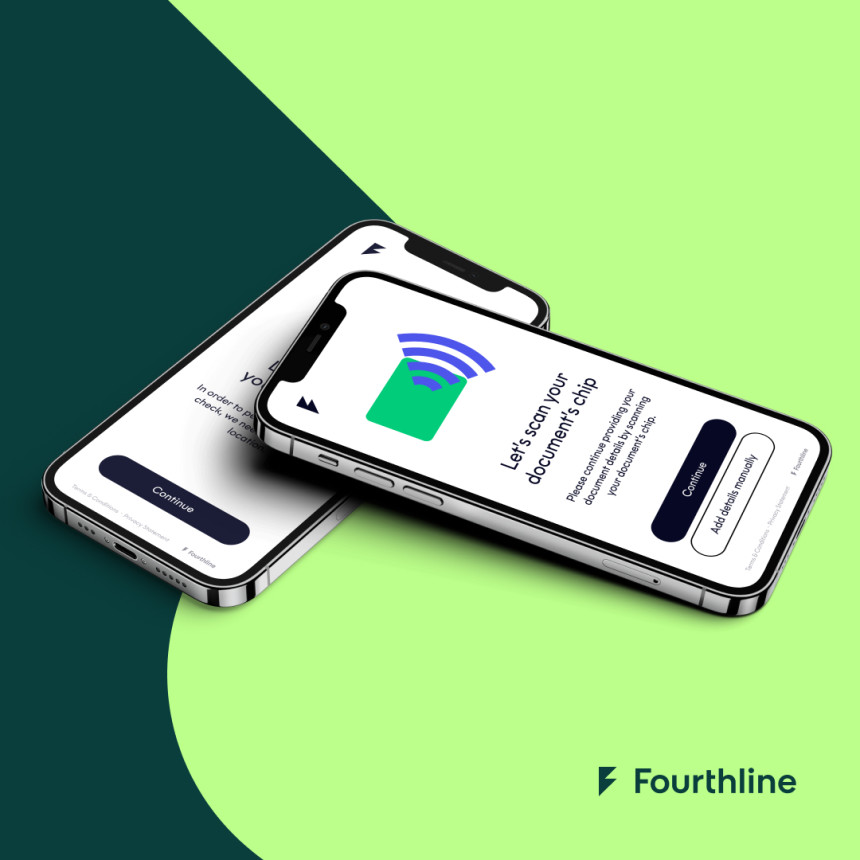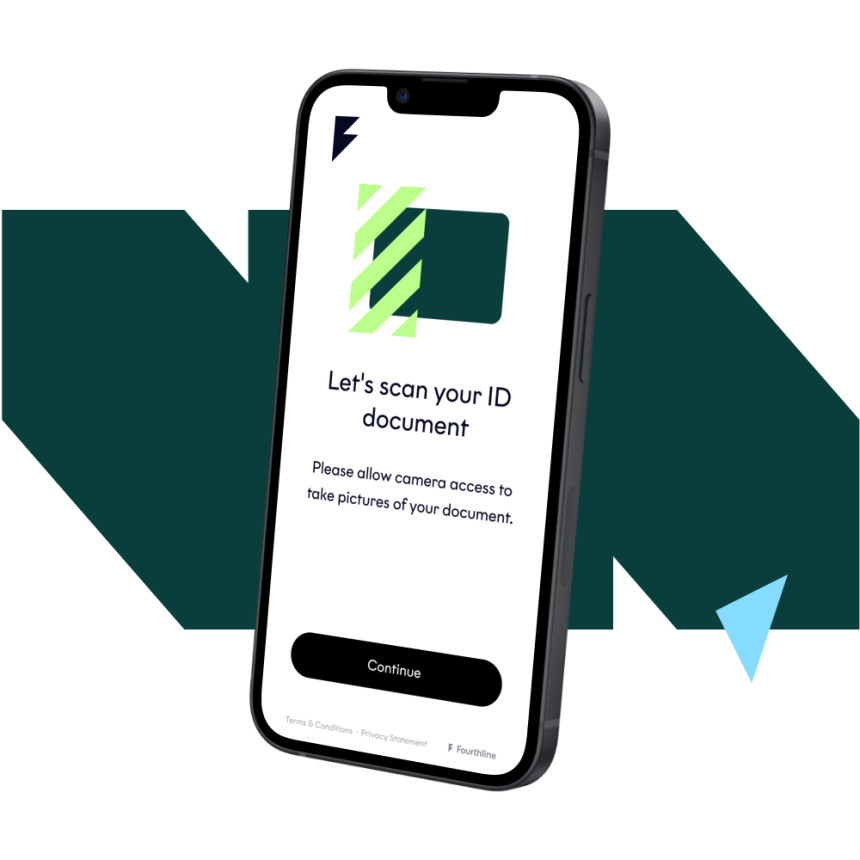The battle against financial crime is toughening. Increased globalization and technological advancements have made it easier for financial criminals to operate across borders and through digital channels. They are getting more sophisticated and better equipped to evade detection. In response, European regulators adapt by regularly challenging financial institutions to strengthen their client identification processes and the relationship with their customers across the whole lifecycle.
European neobrokers and neobanks are no exception, and the impact of evolving, strengthening, and fragmented regulations on their conversion results is immense.
In this article, we’ve laid out the three most significant challenges of today when balancing compliance and conversion and how you can solve them and turn them into a competitive advantage.
Challenge 1: Regulatory complexity is leading to fines and reputational damage
Identity verification is not a single event; it’s a journey from client onboarding and authentication to account recovery. Know Your Customer (KYC) onboarding helps to prevent financial crimes and protect against fraud. Anti-Money Laundering (AML) and fraud screening are designed to detect and prevent financial crimes. Account authentication helps to ensure that the verified person who opened the account, is the one still using it. Finally, re-KYC helps neobanks and neobrokers periodically verify their clients' identities to ensure that their information is up-to-date.
On top of KYC-AML-focused regulations, European neobanks and neobrokers must also comply with EU regulations such as the Second Payment Services Directive (PSD2) and the General Data Protection Regulation (GDPR), among others.
For neobanks and neobrokers, balancing conversions and meeting all these regulatory requirements is a considerable challenge, as it is time-consuming, costly, and often requires extra resources and investment.
Additionally, in Europe, countries have defined specific rules. This situation creates immense regulatory fragmentation. It adds complexity for neobanks and neobrokers seeking to comply with the rules of several member states and usually ends up slowing down their European expansion
Lastly, governments and regulatory authorities are often updating and revising these regulations. Neobanks and neobrokers need to stay updated with these changes to avoid huge fines or reputational damage. However, as relatively new players in the financial services industry, they often don’t have the same resources or knowledge to keep up with these changes.
Challenge 2: Colossal compliance investments leading to strategic rigidity
Implementing a streamlined and efficient KYC process is one of the most critical steps in balancing conversions and compliance. This can be achieved using technology such as Ai-powered identification and verification, which has proven to speed up the account opening process and drive conversions while ensuring compliance with regulations.
Implementing such technology requires a colossal investment in IT, compliance, and legal expertise. This is a challenge for the neobanks and neobrokers, particularly the ones with ambitious time-to-market and operational efficiency goals.
Moreover, balancing conversions and compliance in this area can also be challenging as new technologies and standards constantly evolve and are costly to implement. For example, a neobank may have to implement the latest security standards to comply with EU regulations and to secure client data, which will lead to added costs, time, and effort.
Consequently, such colossal investment impacts the neobanks' and neobrokers' flexibility. Implementing a streamlined and efficient KYC process does require an organization to attribute a lot of resources to fraud prevention. Unless its financial and people resources are vast, this move can impact the organization's ability to rapidly change its strategy or adapt its risk appetite when necessary.
Challenge 3: Poor conversion rates leading to a lack of competitiveness
High conversion and high growth ambitions trigger a lot of fraud. This is why European neobanks and neobrokers must balance the need to make their digital platforms user-friendly and easy to navigate with the need to ensure that the platforms are secure.
The challenge? Adding too many security measures can make the platform less user-friendly and deter potential clients. The more steps in a conversion funnel, the more opportunities clients have to drop off.
Neobrokers and neobanks must also set up a secure environment to protect client data and funds. It’s not just about identity fraud at onboarding. Making sure their clients' data and funds are protected can also add too many security measures, making the platform less user-friendly. At the same time, too few security measures can result in hefty fines and a loss of trust.
The most common misconception about introducing identity verification is that it increases hassle and reduces conversion. While too much friction is bad for your conversion rate, a well-designed user experience that is simple for clients to complete will not cause visible enough difficulty to discourage new clients. So, rather than being a must, if done correctly, KYC verification and account authentication may be used to deliver better service to your customers.
A trusted partner to overcome all these challenges
So as a European neobroker or neobank, what should you consider if you’re looking to implement a compliance solution?
A true compliance partner rather than a KYC provider: The specialist you choose should work with your teams as a partner to help you reach compliance, operational, and business goals. It should help you meet all your compliance needs at onboarding and across your clients' entire lifecycle. It should take care of your compliance so you can focus on your business.
A single API to meet all your requirements and reduce time and costs associated with compliance: Partnering with a specialist that offers a single API to solve all KYC and AML requirements imposed on European neobanks and neobrokers means your business will comply with all regulations without navigating multiple systems or providers. This also helps to reduce the time and cost associated with compliance.
A solution designed with the client in mind to reduce friction: Partnering with a specialist that offers a service designed with the client in mind will ensure your organization offers the smoothest experience possible. Streamlining the onboarding process and minimizing the required steps will help reduce friction between you and your clients and improve conversions.
A flexible solution that adapts to your needs now and over time: Partnering with a specialist that offers a solution designed to be flexible and adaptable will ensure your organization can remain flexible. The right solution for you should be customized to suit your specific requirements now and over time.
At Fourthline, we have demonstrated experience that prioritizing these points helps European neobanks and neobrokers increase their growth and fraud prevention while strengthening resilience and flexibility. Get in touch with our experts to learn more about our approach and what our partnership could do for you and your business.




